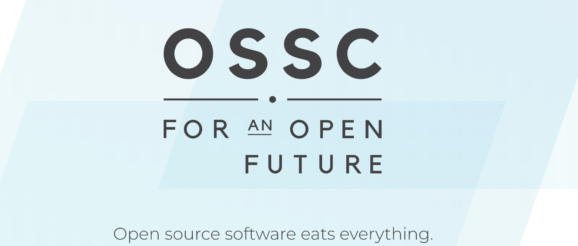Permissionless Innovation with Joseph Jacks

Open source software allows developers to take code from the Internet and modify it for their own use. Open source has allowed innovation to occur on a massive scale. Today, open source software powers our consumer client applications and our backend cloud server infrastructure.
Linux powers single node operating systems and Kubernetes is the foundation for new distributed systems. Hadoop created an open source distributed file system, Spark gave us a computational runtime on top of it, and Kafka created a middleware platform for shuttling data from one place to another.
There are numerous other examples of how open source has changed the world of software development. Open source has also reshaped the business landscape of infrastructure software companies.
A common business structure for a modern infrastructure company is the “open core” model. An open core company maintains an open source project that is free to use, but also sells a product or service around that product. Companies with an open core model include Red Hat, HashiCorp, and GitLab.
Many companies are building a thriving business with the open core business model. But these companies do not directly control the most important part of the infrastructure supply chain: the cloud provider.
Cloud providers have a fundamental tension with open core companies because the cloud providers offer services that compete with the open core companies.
In addition to the issue of cloud providers competing directly with the open core companies, some people have questioned whether Amazon Web Services is capturing an unfair portion of the value that is being created by open source.
Amazon Web Services is the biggest cloud provider, and it has built a large catalog of services that are built off of open source software. But AWS has not historically contributed heavily to open source relative to the value it has captured.
One example of an open core company which has lost market share to an AWS cloud-hosted offering is Elastic, the open core company which maintains the ElasticSearch open source project. Amazon ElasticSearch Service is a closed-source hosted offering built on top of the ElasticSearch.
Elastic (the company) has increasingly intermingled proprietary software with their open source repository, making it less clear how that open source repository can be used by companies that want to deploy it for their commercial use.
Open core companies such as MongoDB, Redis Labs, and Cockroach Labs have responded to the competitive pressures of AWS by changing their licenses and making it more expensive for cloud providers to offer a cloud-hosted offering of their open source project.
The dynamics between cloud providers and open core companies will continue to evolve in the coming years. The norms around open source are up for debate.
Joseph Jacks is the founder of OSS Capital, a venture firm focused on investments in commercial open source software companies. He returns to the show to discuss the changing landscape of open core companies, and the benefits of permissionless innovation.
ANNOUNCEMENTS
The post Permissionless Innovation with Joseph Jacks appeared first on Software Engineering Daily.
